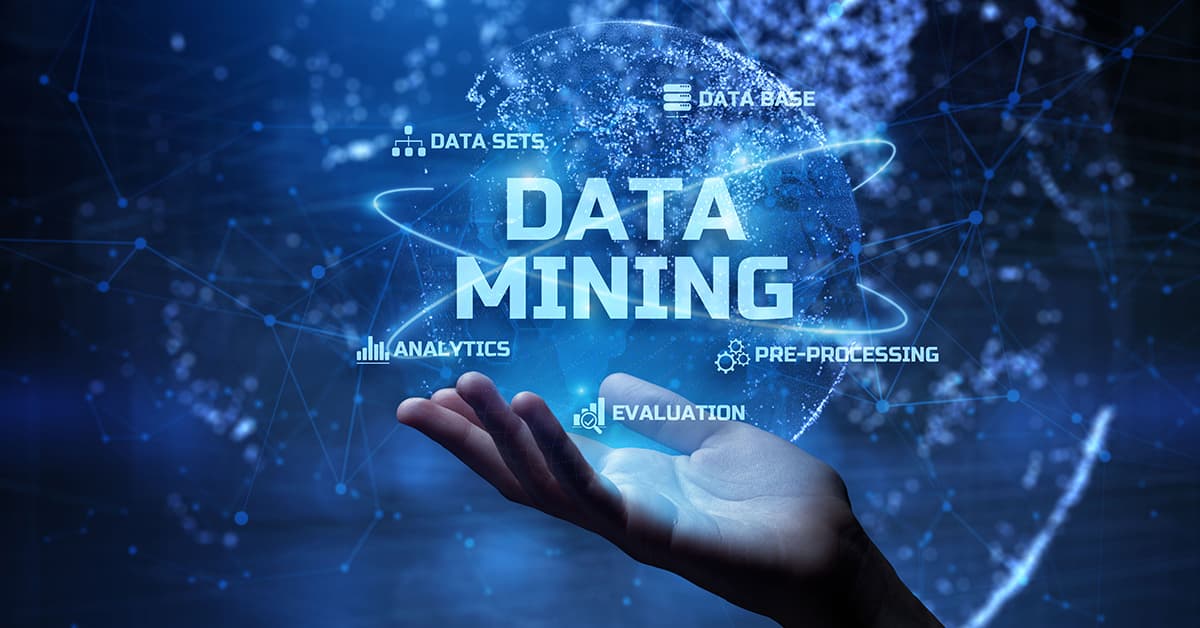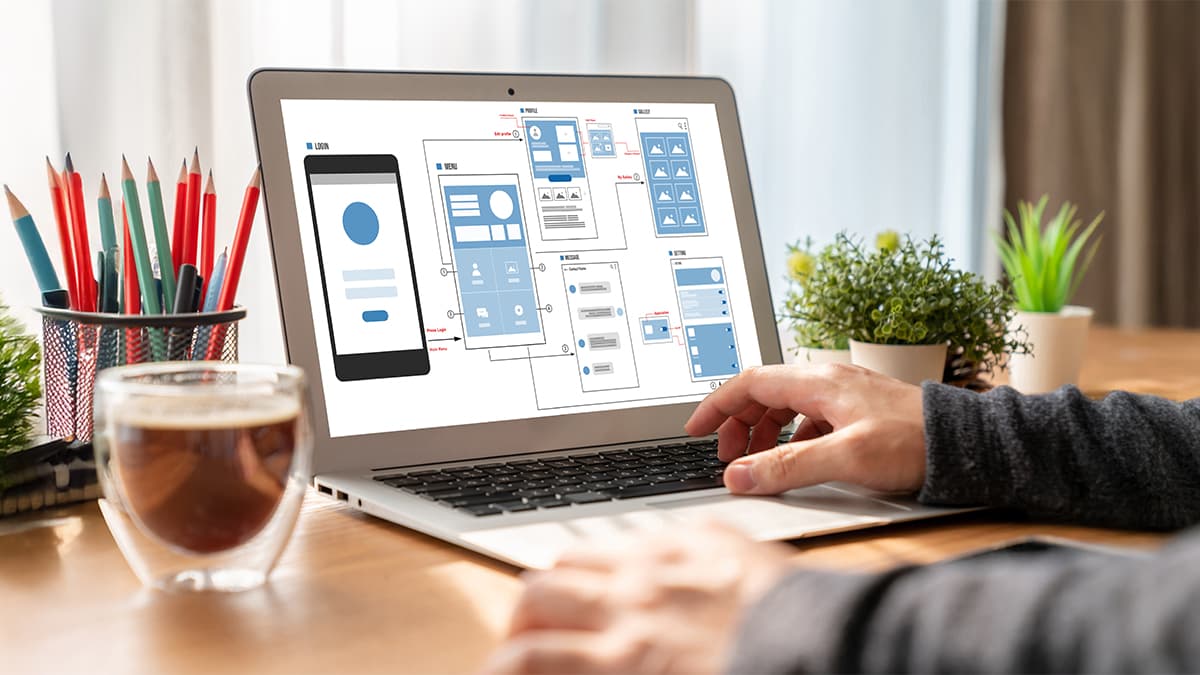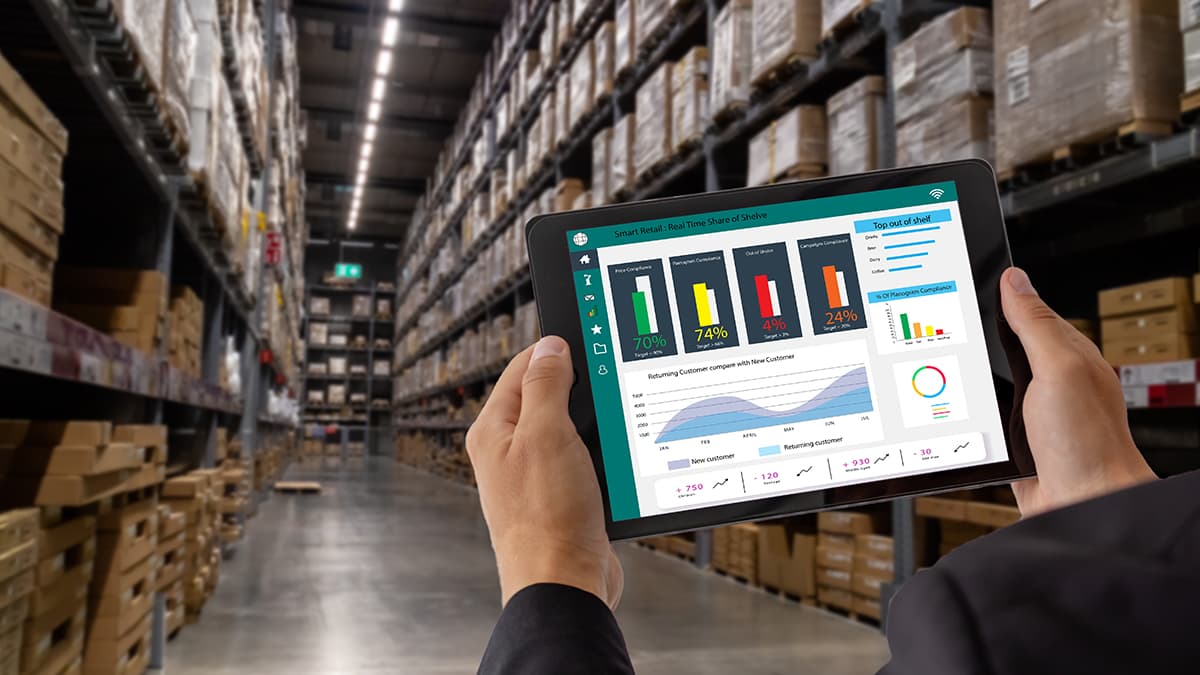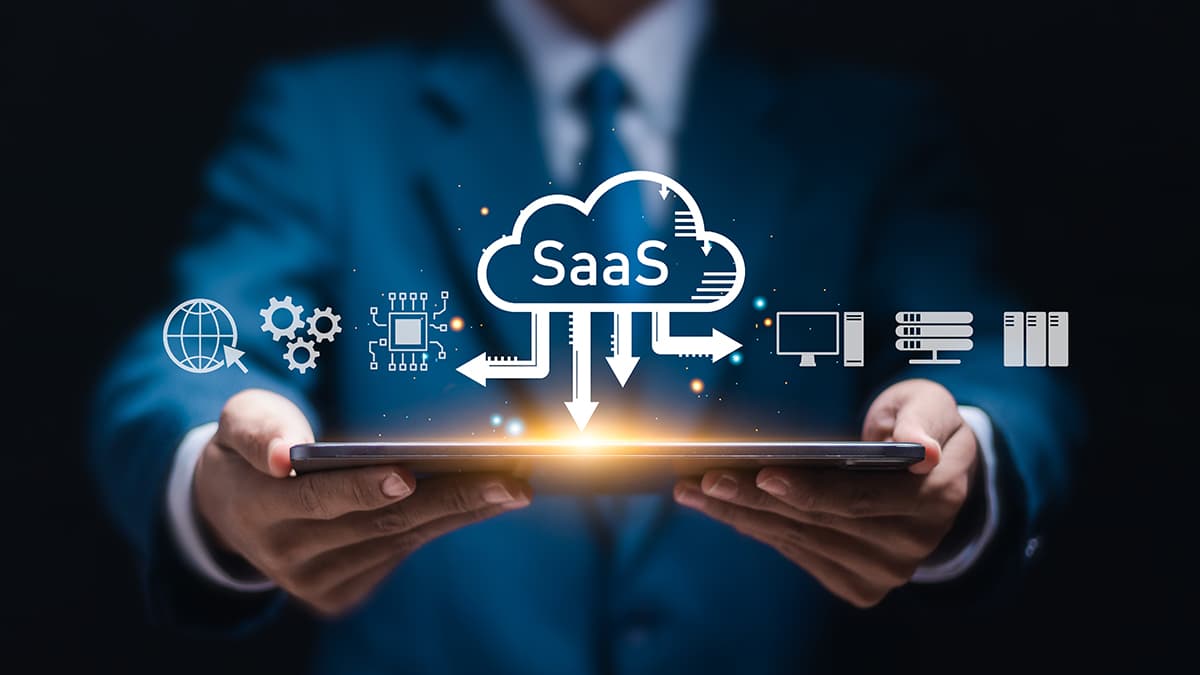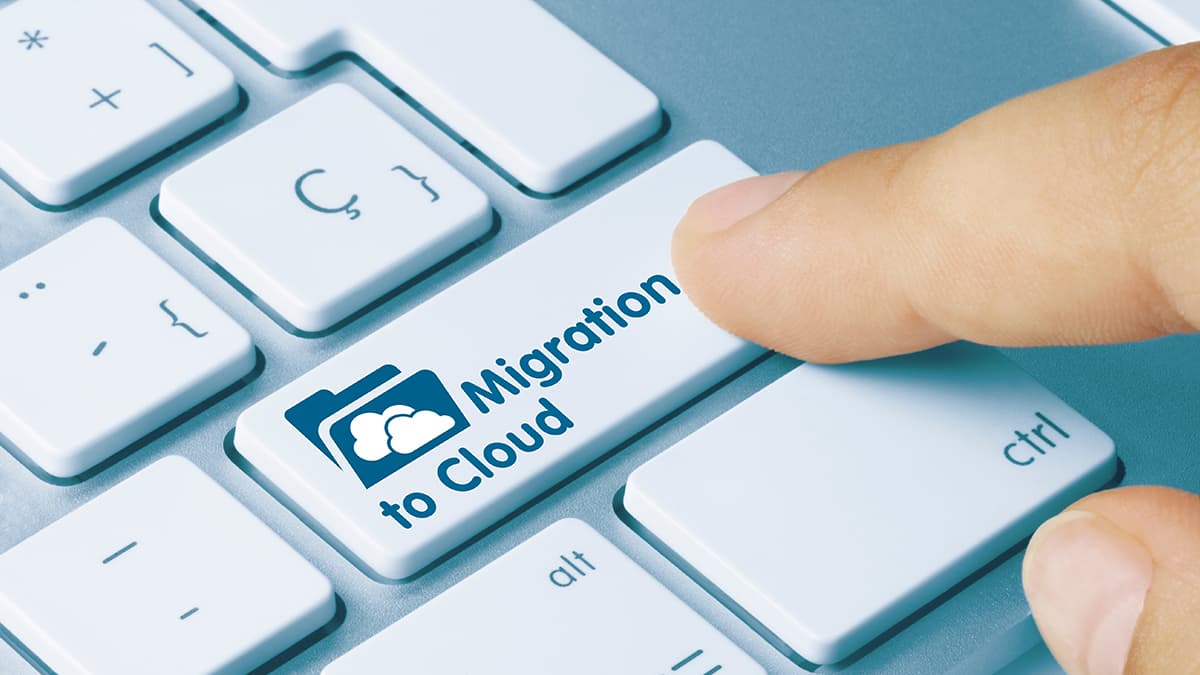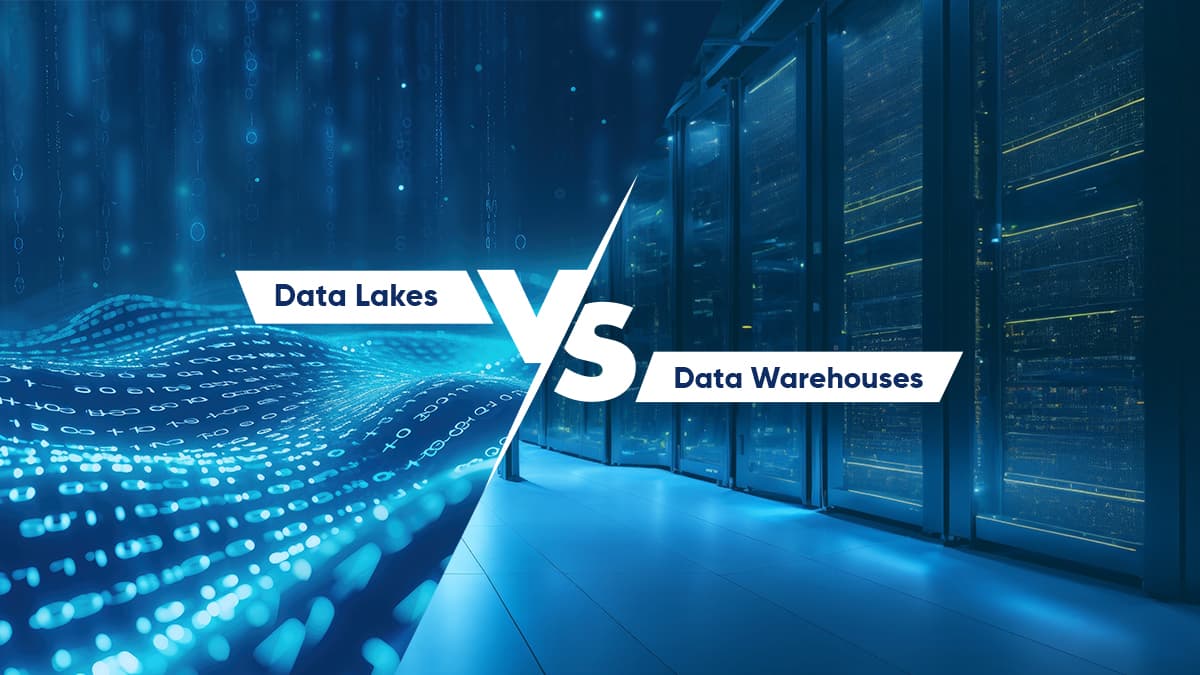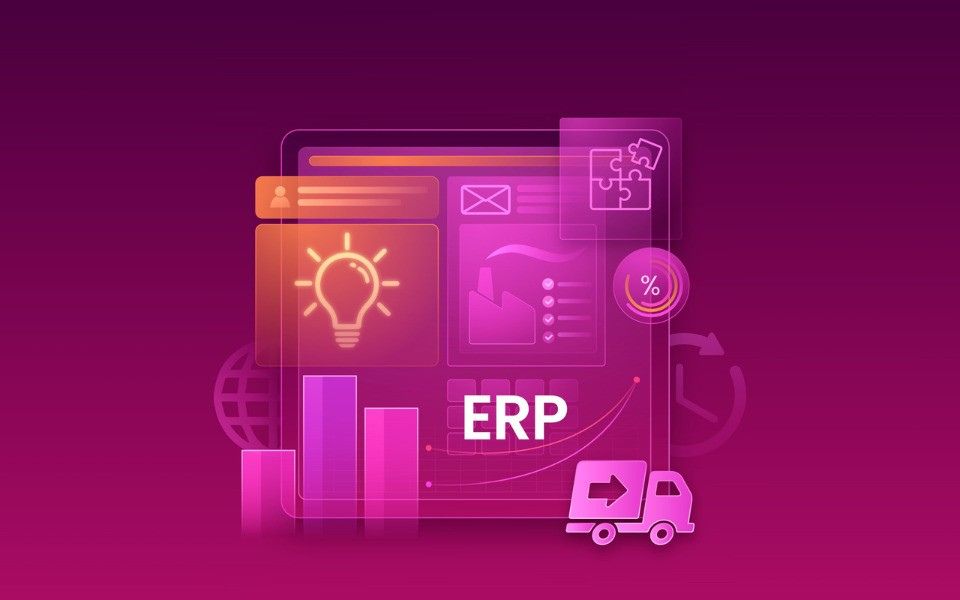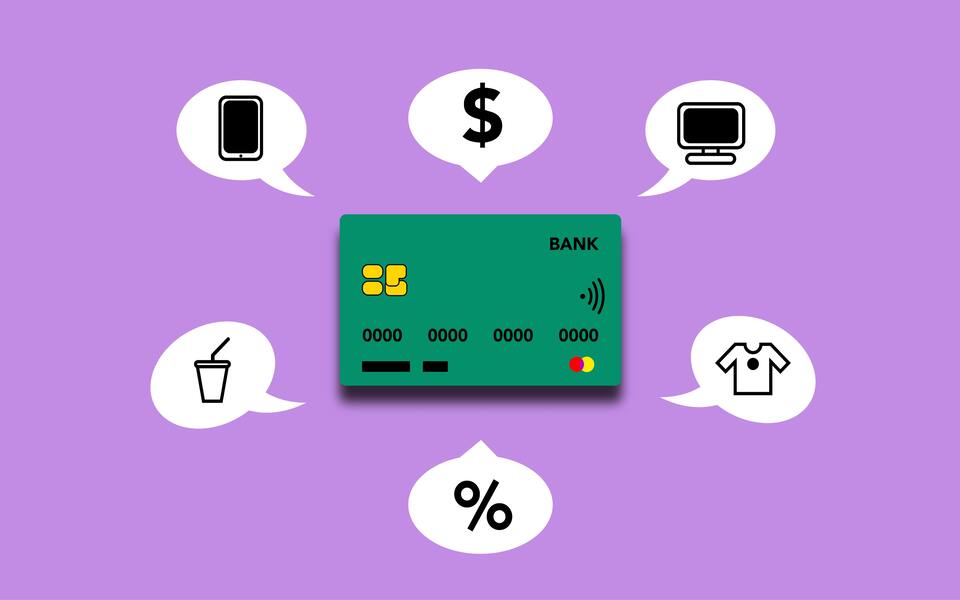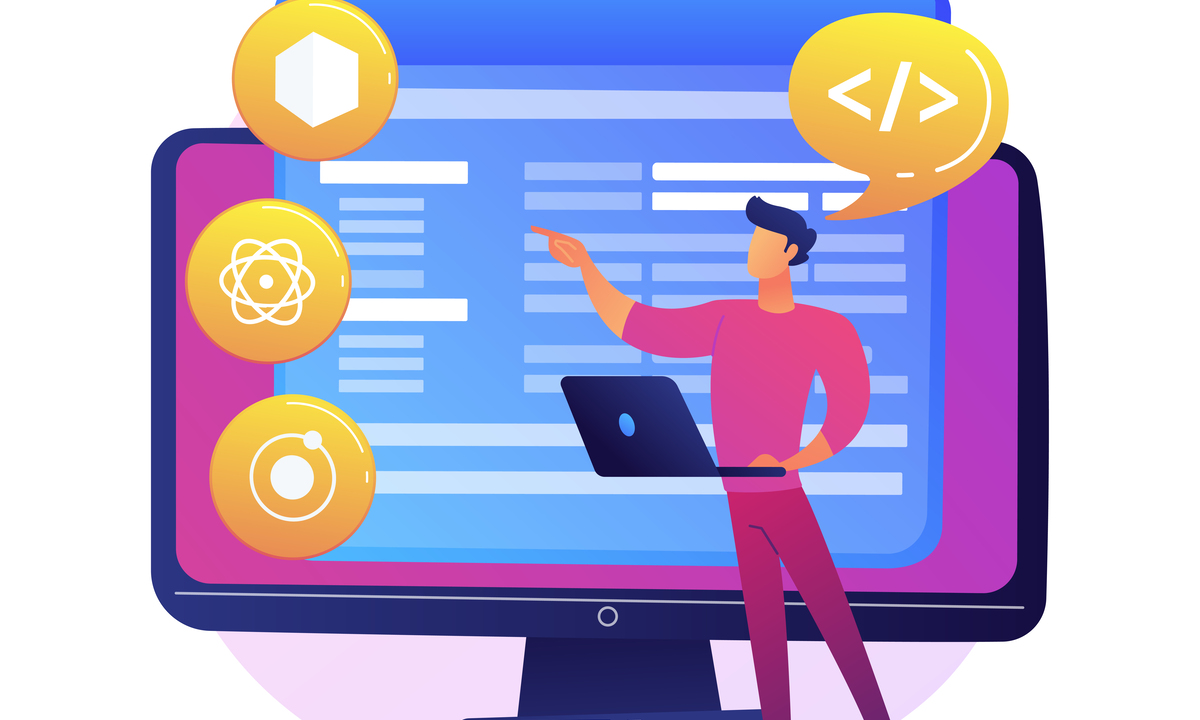
The ability to effectively analyse and visualize data is no longer a luxury—it's a necessity. It drives decision-making across enterprise functions, helps plan budget and empowers leaders to see the larger picture. The business intelligence (BI) domain is now packed with powerful tools, from Tableau to Power BI, from SAS to IBM. We recommend Tableau as a solution to every enterprise that plans on extracting more value out of their data and needs to democratise usage of these insights across leadership. Here are 15 excellent reasons to consider Tableau:
1. Intuitive User Interface: Tableau's user-friendly interface is designed for both technical and non-technical users. Its drag-and-drop functionality allows for quick and easy creation of complex visualizations without the need for extensive coding knowledge. This intuitive design democratizes data analysis across the organization, enabling more employees to derive insights from data.
2. Powerful Data Visualization: One of Tableau's core strengths is its ability to transform raw data into compelling visual stories. With a wide array of chart types and customization options, Tableau enables users to create interactive dashboards that bring data to life. This visual approach to data analysis helps in identifying trends, patterns, and anomalies that might be missed in traditional spreadsheets.
3. Real-time Data Analysis: Tableau's real-time data processing capabilities allow businesses to make decisions based on the most up-to-date information. This feature is particularly crucial in fast-paced industries where timely insights can provide a competitive edge.
4. Robust Data Connectivity: With support for over 75 data sources, including databases, spreadsheets, and cloud services, Tableau offers unparalleled flexibility in data integration. This extensive connectivity ensures that enterprises can leverage all their data assets, regardless of where they're stored.
5. Scalability: As enterprises grow, so do their data needs. Tableau is designed to scale seamlessly, handling everything from small datasets to big data environments. This scalability ensures that Tableau can continue to meet an organization's needs as they evolve.
6. Mobile Compatibility: In today's mobile-first world, access to data on-the-go is crucial. Tableau's mobile app allows users to view and interact with dashboards and reports from their smartphones or tablets, ensuring that decision-makers have access to critical insights anytime, anywhere.
7. Advanced Analytics Integration: Tableau integrates with advanced analytics tools and languages such as R and Python. This integration allows data scientists to incorporate complex statistical models and machine learning algorithms into their visualizations, bridging the gap between advanced analytics and business intelligence.
8. Strong Security Features: Data security is a top priority for enterprises, and Tableau doesn't disappoint. It offers robust security features including data encryption, user authentication, and row-level security, ensuring that sensitive data remains protected.
9. Collaboration and Sharing: Tableau Server and Tableau Online facilitate easy sharing of dashboards and reports across the organization. This collaborative environment fosters a data-driven culture where insights can be shared, discussed, and acted upon collectively.
10. Regular Updates and Innovation: Tableau consistently rolls out new features and improvements through regular updates. This commitment to innovation ensures that enterprises always have access to cutting-edge data analysis and visualization tools.
11. Large and Active Community: Tableau boasts a large and active user community. This vibrant ecosystem provides a wealth of resources, including forums, user groups, and the annual Tableau Conference. For enterprises, this means access to a vast knowledge base and opportunities for continuous learning.
12. Data Preparation Capabilities: With Tableau Prep, users can easily clean and shape their data before analysis. This integrated data preparation tool streamlines the entire analytics workflow, reducing the time from raw data to actionable insights.
13. Predictive Analytics: Tableau's forecasting and trend analysis features allow enterprises to not just understand historical data, but also predict future trends. This predictive capability is invaluable for strategic planning and risk management.
14. Customization and Embedding: Tableau offers extensive customization options and can be embedded into other applications and portals. This flexibility allows enterprises to integrate Tableau seamlessly into their existing workflows and systems.
15. Return on Investment: While implementing a new BI tool requires investment, Tableau's ability to drive data-driven decision making across the organization often leads to significant ROI. By enabling faster, more accurate decisions, Tableau can help enterprises reduce costs, identify new opportunities, and improve overall performance.
Tableau vs Power BI: How Do The Two Most Popular Tools Fare in Comparison
_(1)_1722930850.jpeg)
It is not news that the two most scalable and user friendly BI tools in the market are Tableau and Power BI with both offering very competitive features. While both Tableau and Power BI are among market leaders, they have some key differences that can define which tool will be more appropriate for what kind of enterprise. The list is detailed below:
1. Visualization Capabilities: Tableau is often praised for its superior visualization capabilities and flexibility, offering more customization options.
2. Ease of Use: Power BI is generally considered easier for beginners, especially those familiar with Microsoft products. However, Tableau's intuitive interface makes it accessible to users of all levels.
3. Data Handling: Tableau excels in handling large datasets and offers more robust data preparation tools.
4. Pricing: Power BI is often more cost-effective for smaller teams, while Tableau's pricing model can be more suitable for larger enterprises.
5. Integration: Power BI integrates seamlessly with other Microsoft products, while Tableau offers broader third-party integrations.
6. Mobile Experience: Both offer mobile apps, but Tableau's is often considered more robust and user-friendly.
While Power BI is a strong contender if you use a lot of Microsoft applications, Tableau's advanced features, scalability, and powerful visualization capabilities make it an excellent choice for enterprises looking for a more comprehensive BI solution.
How CSM Tech's Tableau Skills Can Power Enterprises
_1722930897.jpeg)
Our Tableau implementation services are backed by a wealth of expertise to help enterprises leverage the full potential of Tableau. Our team of certified Tableau experts can assist you with:
1. Implementation and Integration: We ensure smooth deployment of Tableau within your existing infrastructure.
2. Custom Dashboard Development: Our experts create tailored dashboards that address your specific business needs.
3. Data Strategy Consulting: We help you develop a comprehensive data strategy that maximizes the value of your Tableau investment.
4. Tableau Training and Support: We provide comprehensive training to your team and ongoing support to ensure you're always getting the most out of Tableau.
5. Performance Optimization: Our specialists can fine-tune your Tableau environment for optimal performance, even with large and complex datasets.
By partnering with CSM Tech, enterprises can accelerate their data-driven transformation, turning the power of Tableau into tangible business results. Our deep understanding of both Tableau and enterprise needs positions us uniquely to help you navigate the complexities of modern data analytics.
Tableau offers a powerful suite of tools that can transform how enterprises interact with their data. From its intuitive interface to its advanced analytics capabilities, Tableau provides the features and flexibility that modern businesses need to thrive in a data-driven world. With CSM Tech as your Tableau partner, get ready to unlock the full potential of your data, driving innovation and growth across your enterprise.
Want to start a project?
Get your Free ConsultationOur Recent Blog Posts

© 2025 CSM Tech Americas All Rights Reserved








